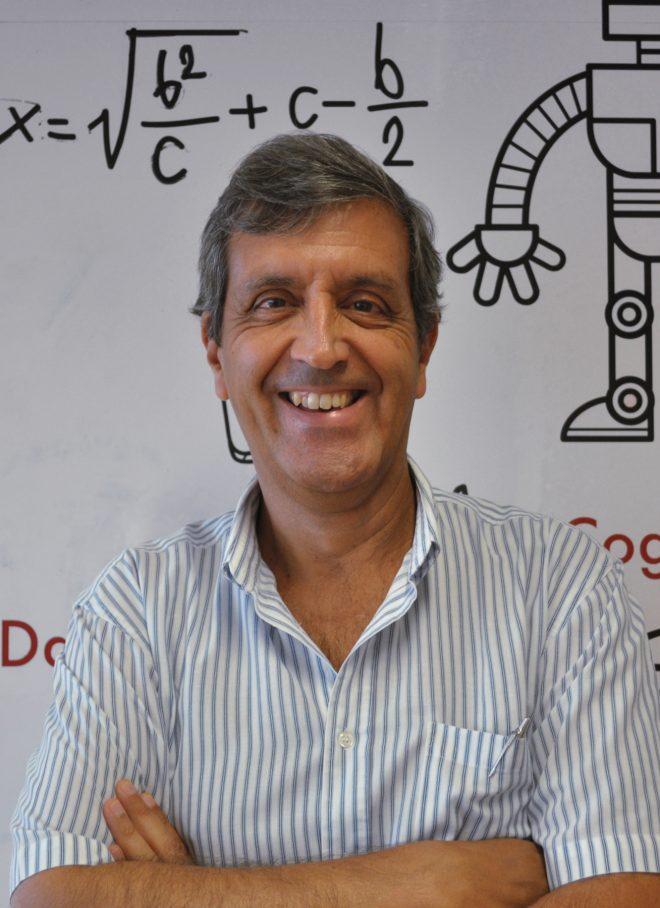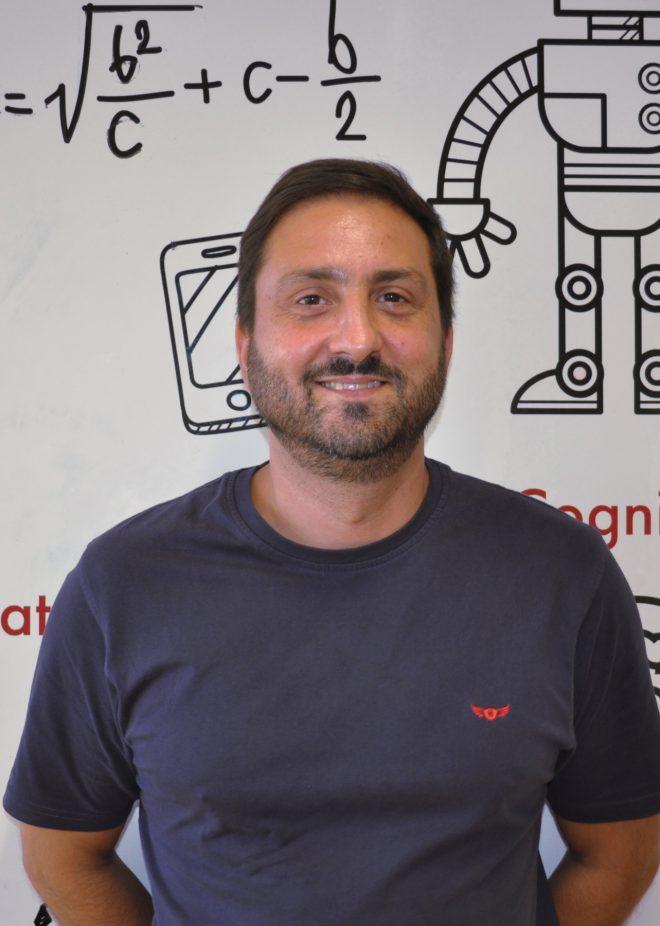| Acronym | URUS |
|---|---|
| Name | Ubiquitous Networking Robotics in Urban Settings |
| Funding Reference | EU-FP6-IST-045062 |
| Dates | 2006-12|2009-11 |
| Summary | European ancient cities are becoming difficult places to live due to noise, pollution, lack of quality facilities and security. Moreover, the average age of people living in large European cities is growing and in a short period of time there will be an important community of elderly people. City Halls are becoming conscious of this problem and are studying solutions, for example by reducing the areas of free circulation of cars. Free car areas imply a revolution in the planning of urban settings, for example, by imposing new means for transportation of goods to the stores, security issues, new ways of human assistance, etc. In this project we want to analyse and test the idea of incorporating a network of robots (which include humans, robots, intelligent sensors, intelligent devices and communications) in order to improve quality of life in such urban areas. Given the broad spectrum of an initiative like this, the URUS project will focus on designing and developing a network of robots that in a cooperative way interact with human beings and the environment for tasks of guidance and assistance, transportation of goods, and surveillance in urban areas. Specifically, the key objective is to design and develop a cognitive networked robot architecture that integrates cooperating urban robots, intelligent sensors (video cameras, acoustic sensors, etc.), intelligent devices (PDA, mobile telephones, etc.) and communications. The main scientific and technological challenges that will be addressed in the project are: navigation and motion coordination among robots; cooperative environment perception; cooperative map building and updating; task negotiation within cooperative systems; human robot interaction; and wireless communication strategies between users (mobile phones, PDAs), the environment (cameras, acoustic sensors, etc.), and the robots. Moreover, in order to facilitate the tasks in the urban environment and the human robot interaction, commercial platforms that have been specifically designed to navigate and assist humans in such urban settings will be given autonomous mobility capabilities, as well as a simple but friendly robot head. Proof-of concept tests of the hardware and the software systems developed will take place in a pedestrian area of a city quarter of Barcelona. Managing urban pedestrian areas is becoming an important topic in Europe where there exists a growing interest in reducing the number of cars in the streets and improving the quality of life. Network robots, integrating robots, sensors, communications, mobile devices and humans in a cooperative way, and implementing, for example, the development of novel intelligent methods of cooperation for task oriented purposes, new communication languages between the different elements, or new mobility methods using the ubiquity of sensors and robots, are expected to improve the quality of life in urban areas. The project addresses two main operational objectives. 2. The test of the cognitive network robot architecture in two different urban tasks : |
| Research Groups |
Computer and Robot Vision Lab (VisLab) Intelligent Robots and Systems Group (IRSg) |
| Project Partners | Universitat Politecnica de Catalunya (SP), Centre National de la Recherche Scientifique (F), Eidgenoessische Technische Hochschule Zuerich (S), Asociacion de la Investigation Y Cooperacion Industrial de Andalucia (SP), Scuola Superiore di Studi Universitari e di Perfezionamento Sant-Anna (I), Universidad de Zaragoza (SP), Instituto Superior Técnico (PT), The University of Surrey (UK), Agencia de Ecologia Urbana de Barcelona (SP), Telefonica Investigation Y Desarrollo SA Unipersonal (SP), Robotech SRL (I) |
| ISR/IST Responsible | |
| People |









